
What Can I Hunt with an Air Rifle in the UK?4 October 2024 | Air Arms
With the growing popularity of air rifles in the UK, more and more people are looking to enhance their skills and further their scope of targets. Their fantastic accessibility and versatility make air rifles a favoured pest control and hunting choice. However, as more individuals discover the advantages of air rifles, navigating the legalities and ethics surrounding their use becomes crucial. In this article, we will go through the complexities of air rifle hunting in the UK, provide essential insights into the legal species you can target, the regulations you must adhere to, and the ethical practices that uphold the integrity of this activity. Air Rifle HuntingAir rifle hunting in the UK has gained popularity for its effectiveness in small game hunting and pest control, thanks to the quieter operation and accessibility of these types of rifles. The UK has specific hunting laws, varying between England, Scotland, Wales, and Northern Ireland. You must familiarise yourself with local regulations dictating what can be legally hunted and when, as this can change from jurisdiction to jurisdiction. Considerations
Legal ConsiderationsUnderstanding the legal framework surrounding air rifle hunting in the UK (and air guns in general) is essential for any responsible shooter. UK laws are designed to ensure safety and ethical hunting practices while preserving wildlife and habitats. Code of ConductFor ethical hunting in England and Wales, air rifles must possess adequate power to ensure humane kills, with a minimum requirement typically set at 11 to 12 ft-lbs. This just means that you need to ensure you have the best air rifle with enough sufficient power (whether using PCP air rifles or spring air rifles) to ensure a clean kill of your target and avoid taking shots beyond 30 meters. A firearm certificate is required if your air rifle exceeds 12 ft-lb (16.25J). Age RestrictionsWhile air rifles under 12 ft-lbs do not require a license, users must still adhere to age restrictions. Individuals under 18 must be supervised by an adult when using an air rifle. Those aged 14 or over can use an air rifle but cannot purchase one until they are 18. These age restrictions are set to promote safe and responsible use among young enthusiasts.
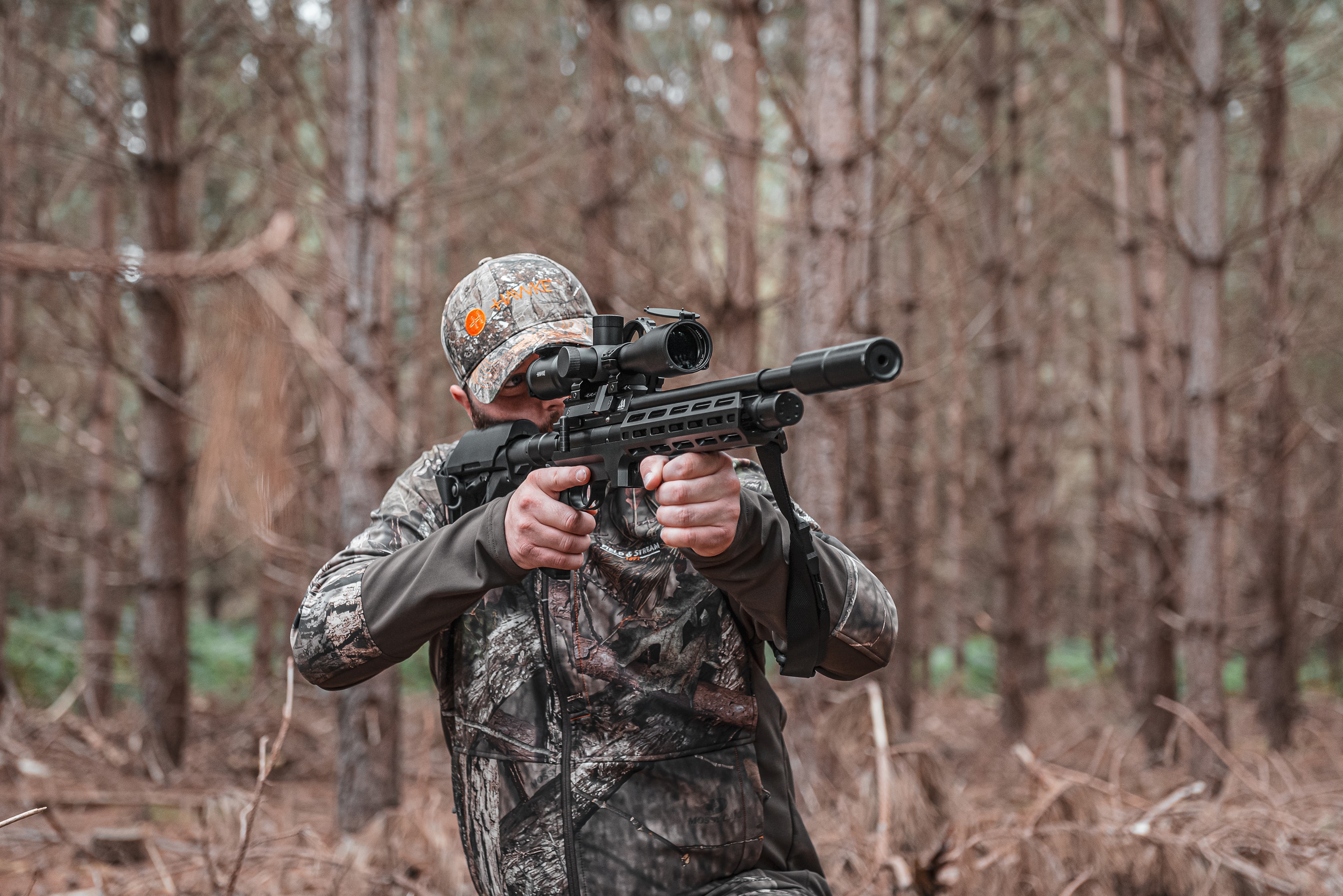 How do air gun laws differ in the UK?Air rifle hunting laws in the UK can vary between England, Wales, Scotland, and Northern Ireland, primarily regarding licensing, power limits, and age restrictions.
Importance of Knowing Local laws and PermissionsBeyond national regulations, local bylaws can impact where and how you can hunt with an air rifle. These regulations vary by region, so it's essential to research and understand any additional rules that apply to your specific hunting area. Securing necessary permissions from landowners is also vital to avoid trespassing and ensure legal compliance. Always check your latest local regulations before engaging in any air rifle activities. What can you hunt in the UK?Regarding air rifle hunting in the UK, selecting the right species is crucial for legal compliance and ethical practice. Small Game1) Rabbits: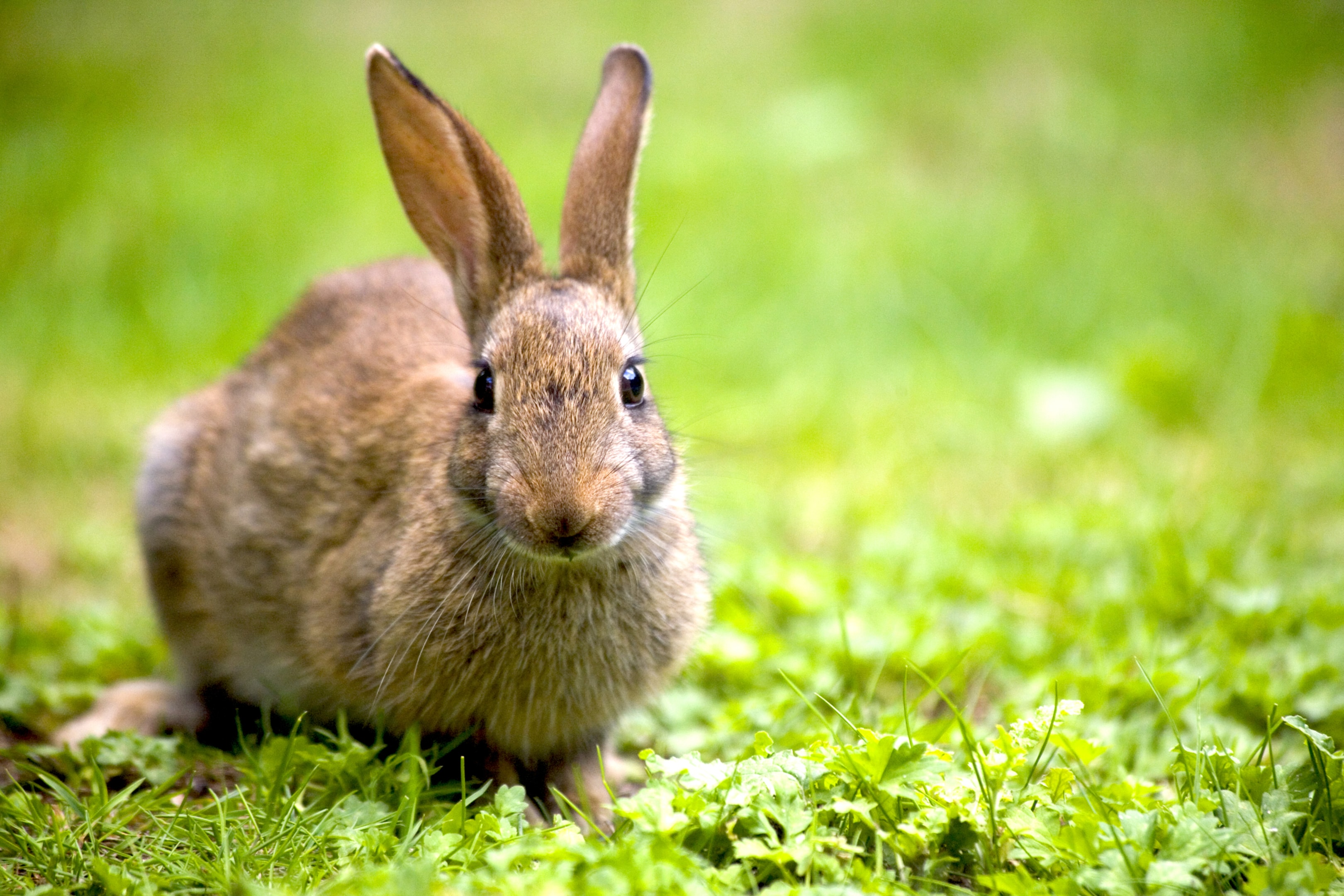 A prevalent pest across the UK, rabbits can cause significant damage to crops and landscapes. Rabbits are not protected by law, and landowners are generally encouraged to control their populations to prevent damage to crops, gardens, and landscapes. MethodsRabbits can be hunted using various methods, including shooting with rifles or shotguns, trapping, and ferreting. It is important to ensure that all methods are humane and comply with animal welfare standards. In addition to hunting, other pest control measures, such as fencing and habitat management, are often used to manage rabbit populations effectively.
2) Rats: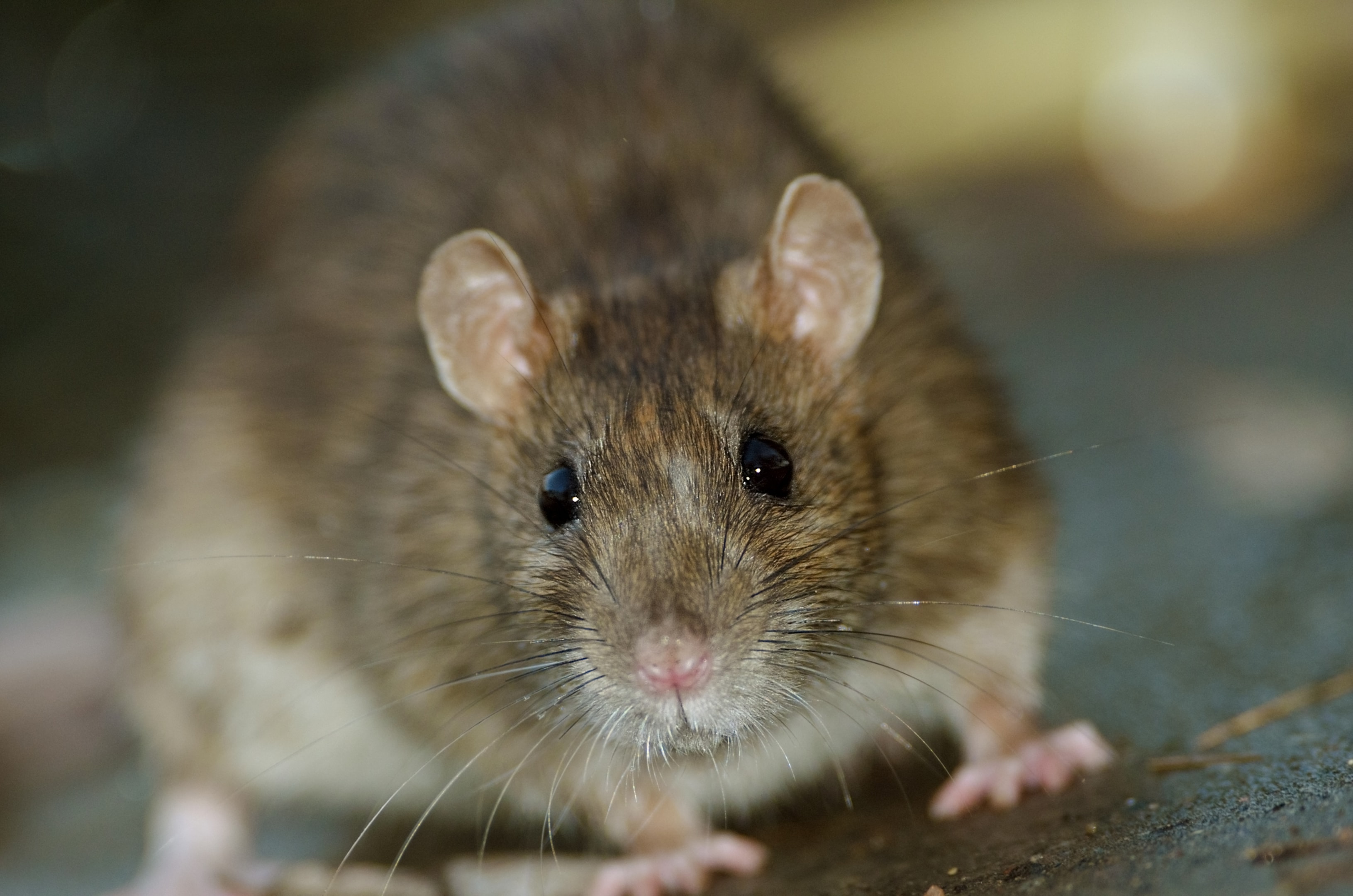 Known for spreading disease and damaging property, rats are a common target for pest control. Air rifles are humane and efficient for controlling rat populations, especially in agricultural or urban areas. Rats are not protected by law, and their control is encouraged to prevent the spread of disease and damage to property. Methods:Standard methods for controlling rats include trapping, poisoning, and using deterrents; however - an air rifle, when needed, can be used. When using poisons or traps, it's crucial to follow all safety guidelines and legal requirements to ensure humane and effective control.
3) Waterfowl: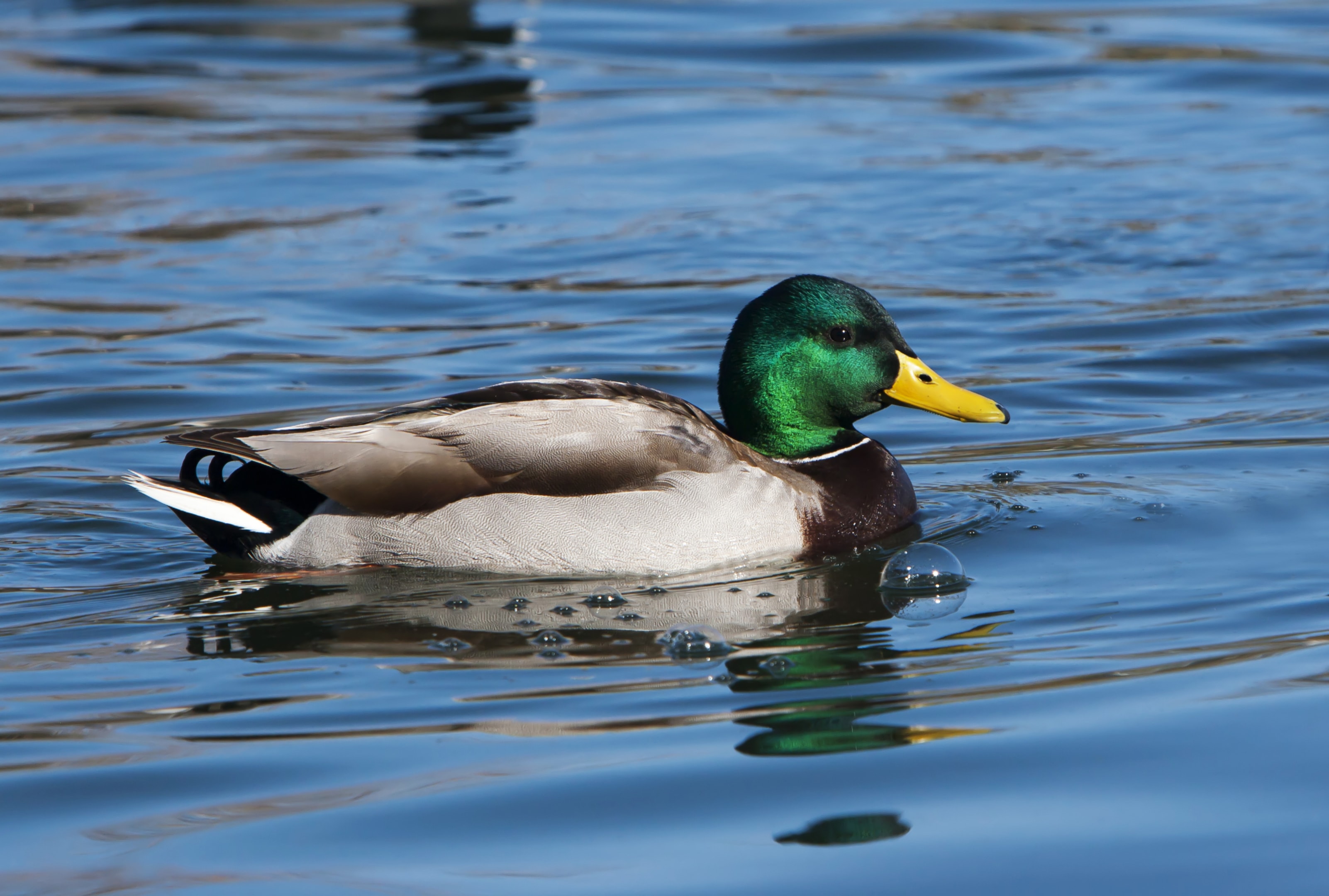 Such as ducks and geese. The hunting seasons for waterfowl are carefully scheduled to align with their natural life cycles, particularly outside their breeding seasons, to protect population levels. Methods:Hunting is usually done with shotguns or air rifles; hunters must have the appropriate licenses and permissions. Following ethical hunting practices and ensuring that all activities are conducted humanely is vital.
4) Wood Pigeons: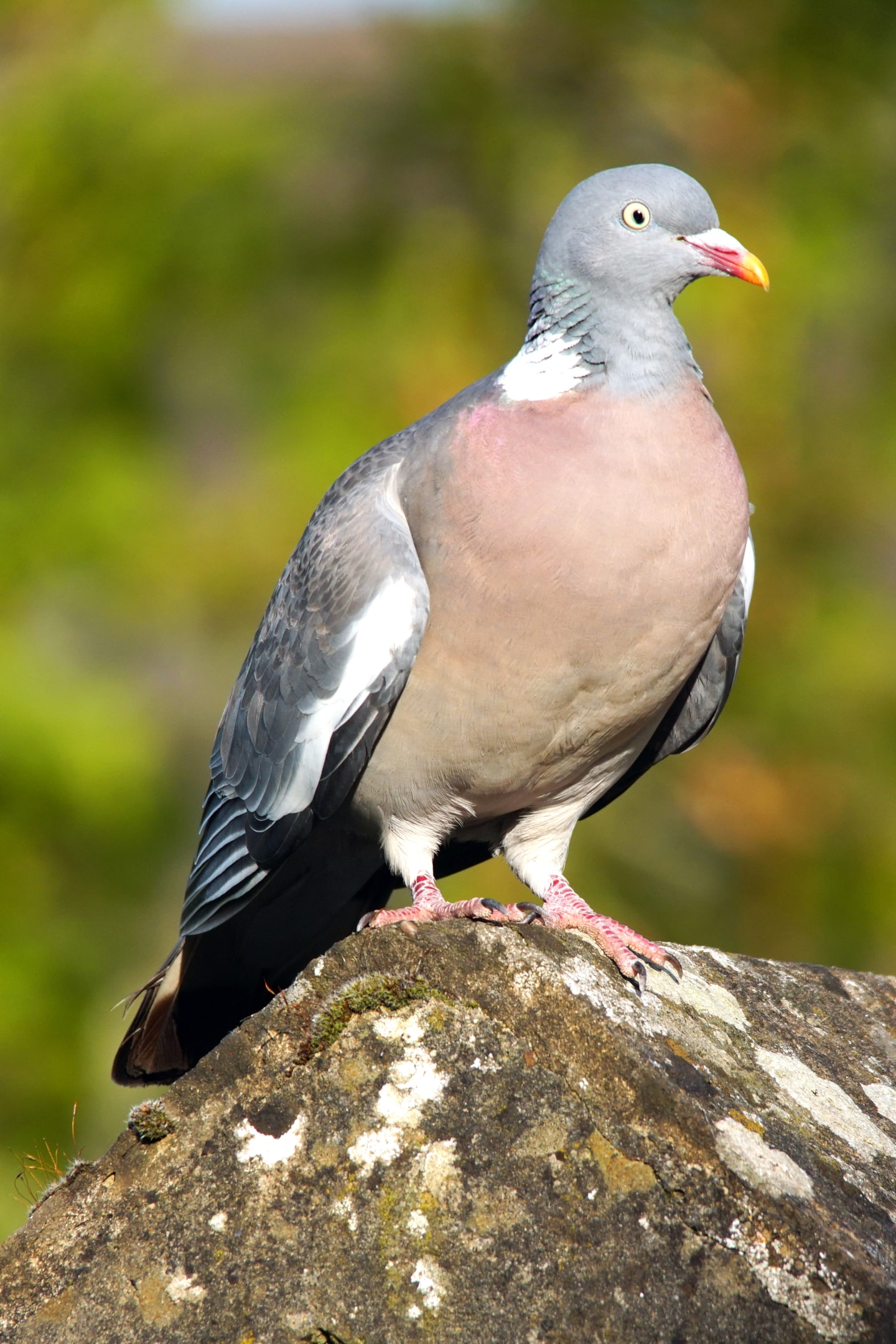 Wood pigeons are often considered a pest in agricultural settings, which can cause substantial crop damage. Hunting these birds with an air rifle is legal and practical, as it helps manage their numbers and protects valuable farmland. Wood pigeons can be controlled under general licenses issued by the government. These licenses allow for the control of specific bird species to prevent serious crop damage and protect public health and safety. Methods:They can be hunted using shotguns, a popular activity among hunters. It's crucial to ensure that hunting is done humanely and following the conditions set out in the general licenses.
5) Grey Squirrels: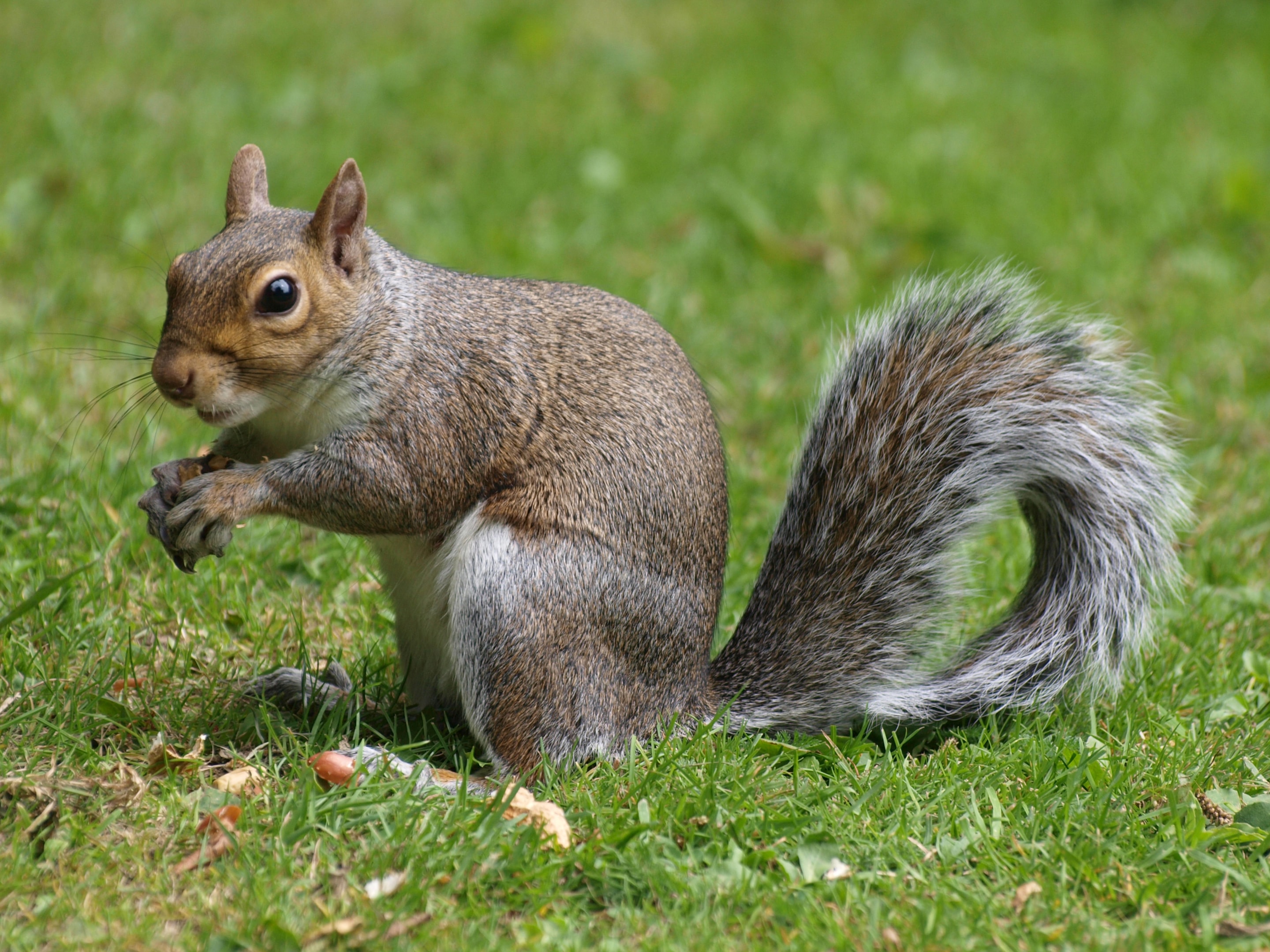 They can be hunted using air rifles, shotguns, or traps. It's vital to ensure that any hunting or trapping methods comply with animal welfare standards. Methods:Common methods for controlling grey squirrels include trapping and shooting. It's important to ensure that all methods are humane and comply with animal welfare standards.
6) Non-Protected Game Birds:While many game birds are protected during certain times of the year, some species may be hunted with an air rifle outside of closed seasons. It's essential to check current regulations to ensure compliance. 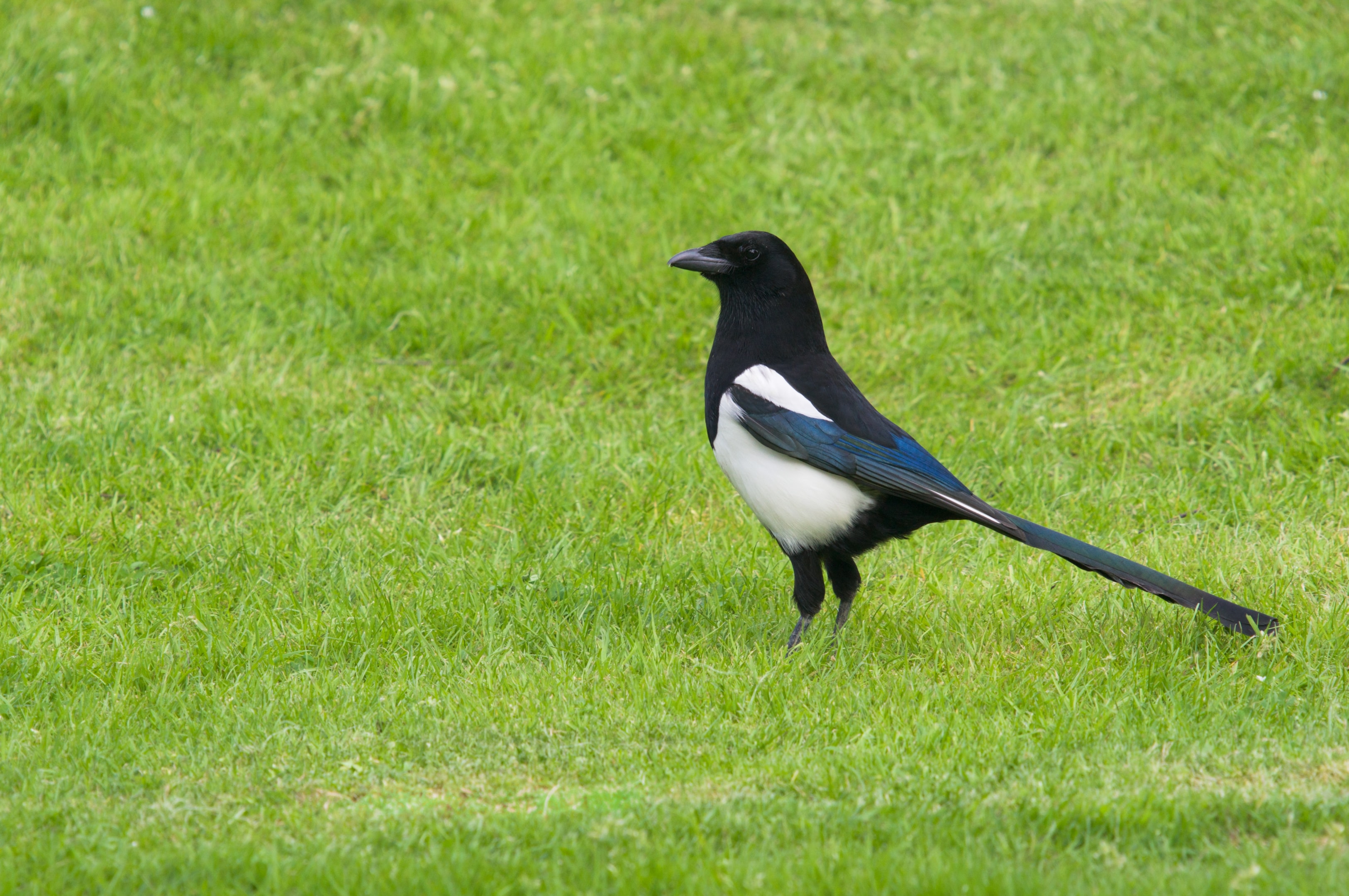 7) Crows, Magpies and Pigeons Both crows, magpies and pigeons can be controlled under the terms of general licenses issued by the government. These licenses allow for the control of specific bird species to prevent severe damage to crops and livestock and to protect public health and safety. Methods:They can be controlled using shooting, trapping, or other humane methods. It's essential to follow the conditions in the general licenses, which include ensuring that non-lethal methods have been considered.
For all these species, it's crucial to stay informed about the specific terms and conditions of the general licenses, as they can be updated or changed by the authorities. Always ensure that any control measures are conducted ethically and legally. Large Game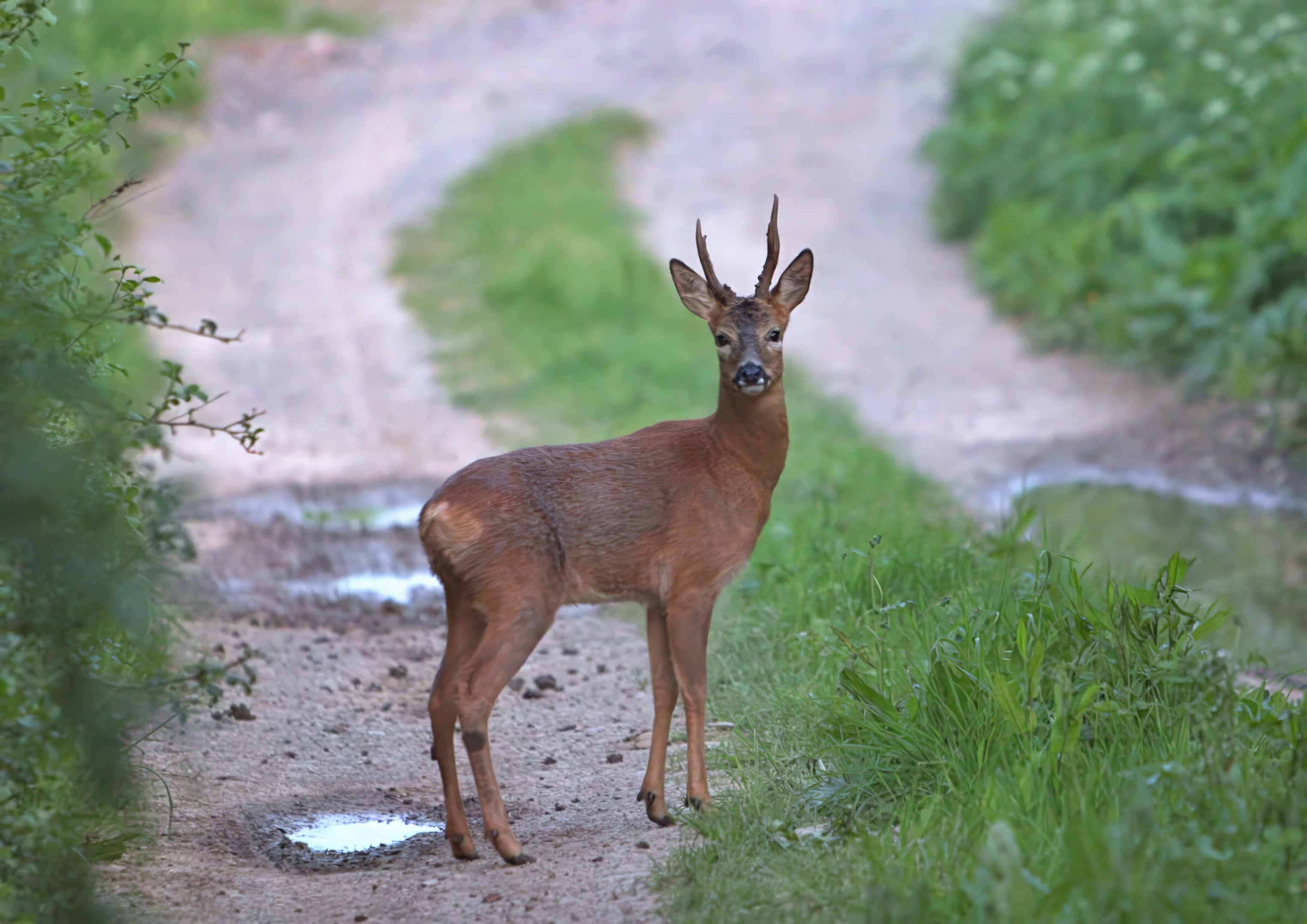 Deer:The main species hunted include red deer, roe deer, fallow deer, sika deer, muntjac, and Chinese water deer. Each species has designated open seasons, which vary for males (stags/bucks) and females (hinds/does). For example, the red deer stag season typically runs from August to April, while the hind season is from October to February.
These regulations are designed to balance the ecological impact, public safety, and the interests of hunters. Always check the latest local laws and guidelines before planning a deer hunting trip in the UK. 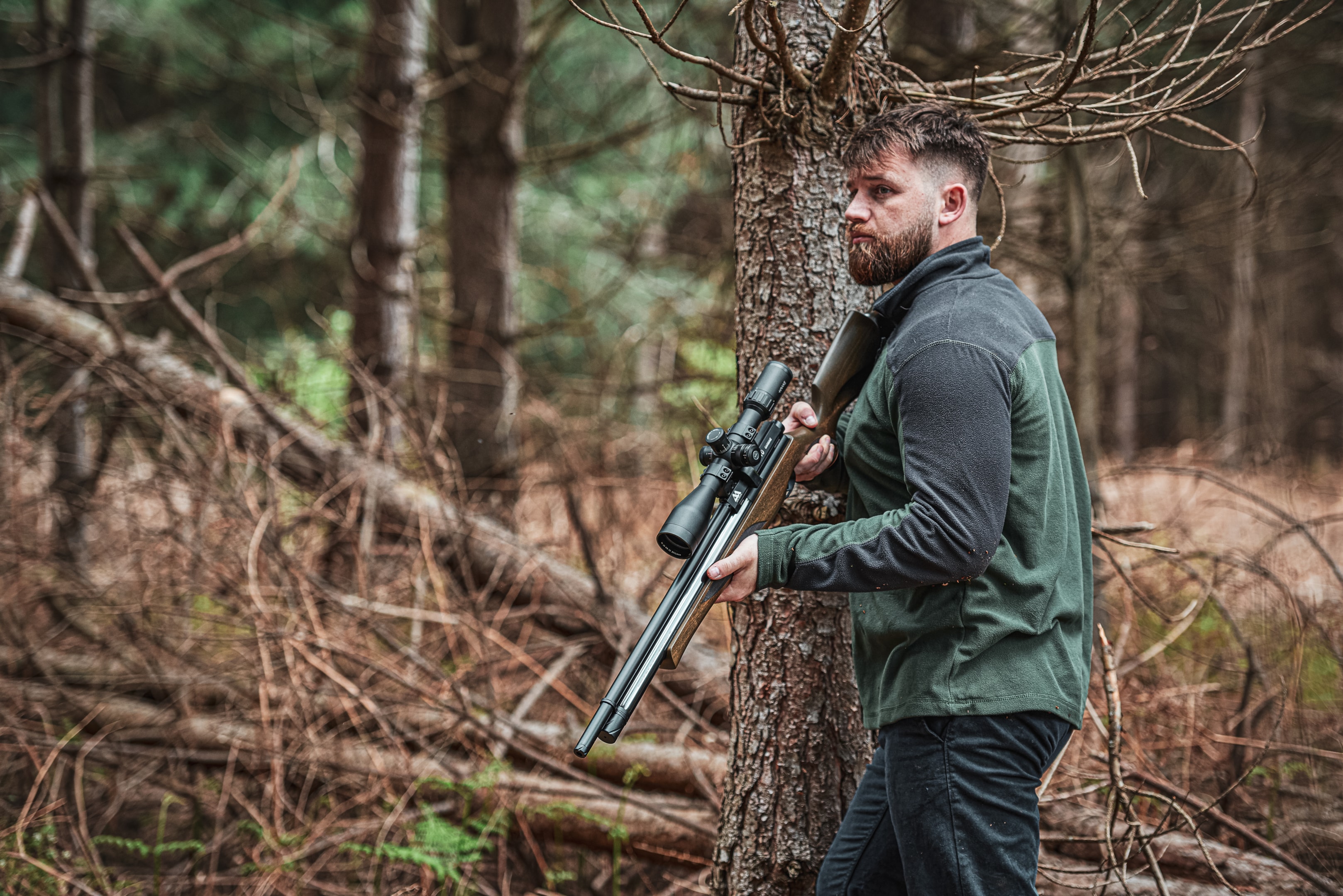 Why Certain Species Are Suitable for Air RiflesThe species listed above are suitable for air rifles primarily due to their size and rifle capabilities. Air rifles are designed to deliver precise, humane kills at shorter ranges, making them ideal for smaller game and pest species. This ensures that the hunting process is both ethical and effective. Why is hunting beneficial?Hunting plays an important ecological role by helping to maintain a balance within ecosystems. By controlling the populations of certain pest species, hunters can prevent overpopulation, which can lead to habitat degradation and increased competition for resources. This not only benefits other wildlife but also supports agricultural and conservation efforts. Responsible hunting practices, guided by current laws and ethical standards, contribute to the sustainable management of wildlife populations and the preservation of natural habitats. Ethical Hunting PracticesAdhering to ethical hunting practices is paramount to ensuring the sport remains a respectful and sustainable activity. Humane shooting and ethical considerations are at the heart of responsible hunting, emphasising respect for wildlife and the environment. Humane Shooting and Ethical ConsiderationsThe primary ethical concern in hunting is ensuring that all kills are humane, meaning they cause the least suffering possible to the animal. This requires shooters to deeply understand their equipment and the anatomy of their target species, ensuring that each shot is placed precisely. Ethical hunting is about more than just following the law; it involves a commitment to the welfare of wildlife and the ecosystems they inhabit. Best Practices for Ensuring Quick and Humane Kills
BASCOrganisations such as the British Association for Shooting and Conservation (BASC) significantly promote ethical hunting practices. BASC provides resources, training, and guidelines to help hunters adhere to high ethical standards. They advocate for sustainable hunting and conservation efforts, ensuring that hunting activities contribute positively to wildlife management and environmental conservation. Check out their page and always refer back whenever you're unsure of anything - it's your responsibility to stay informed of the laws. Safety TipsAir rifles, despite their differences from traditional firearms, should be treated with the same level of respect. Always assume the rifle is loaded and keep it pointed in a safe direction until you’re ready to shoot. Finger discipline is crucial; keep your finger off the trigger until your sights are on the target. Regularly check all safety mechanisms and ensure they are functioning correctly. Practice these habits consistently to develop a safety-first mindset. Knowing Your SurroundingsAwareness of your surroundings is equally critical; know what lies beyond your target and ensure no bystanders are nearby. Familiarise yourself with the terrain to avoid accidental slips or falls, which could result in unintended discharges. 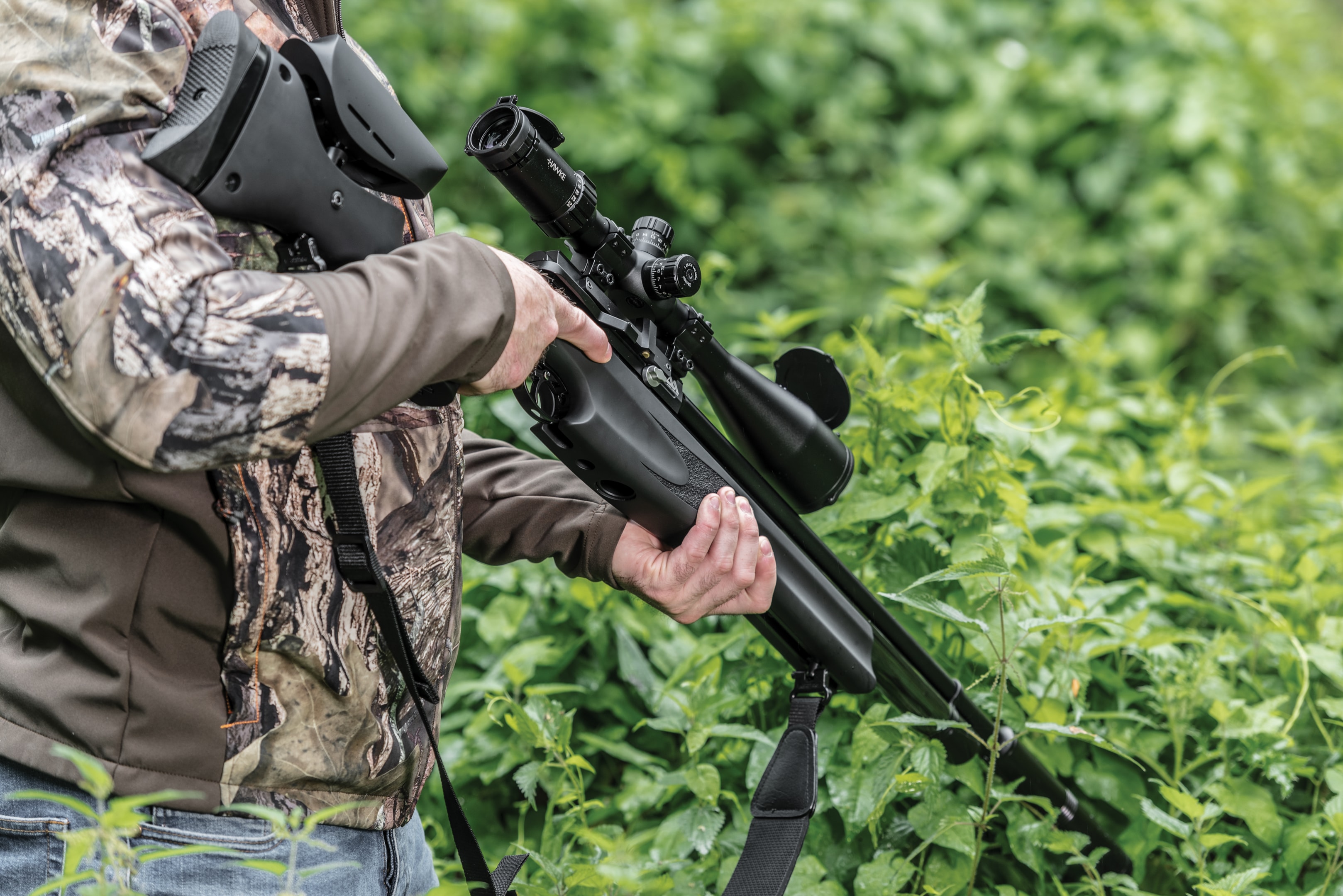 Final ThoughtsAs you step into the world of air rifle hunting, remember that responsible and informed practices are key. Adhering to legal and ethical standards ensures a fulfilling hunting experience and contributes to conservation efforts and community safety. Regularly informing yourself on local legislation is essential to ensure you're practising air rifle hunting safely and legally. This rewarding pursuit demands a high level of responsibility and keen awareness. By staying vigilant, you contribute to a safer shooting community for everyone involved. If you have any questions or queries, please do not hesitate to contact us. Here at Air Arms we will help find the perfect air rifle for you - from target shooting, pest control and recreational shooting, we're here for any of your air rifle needs. |
|